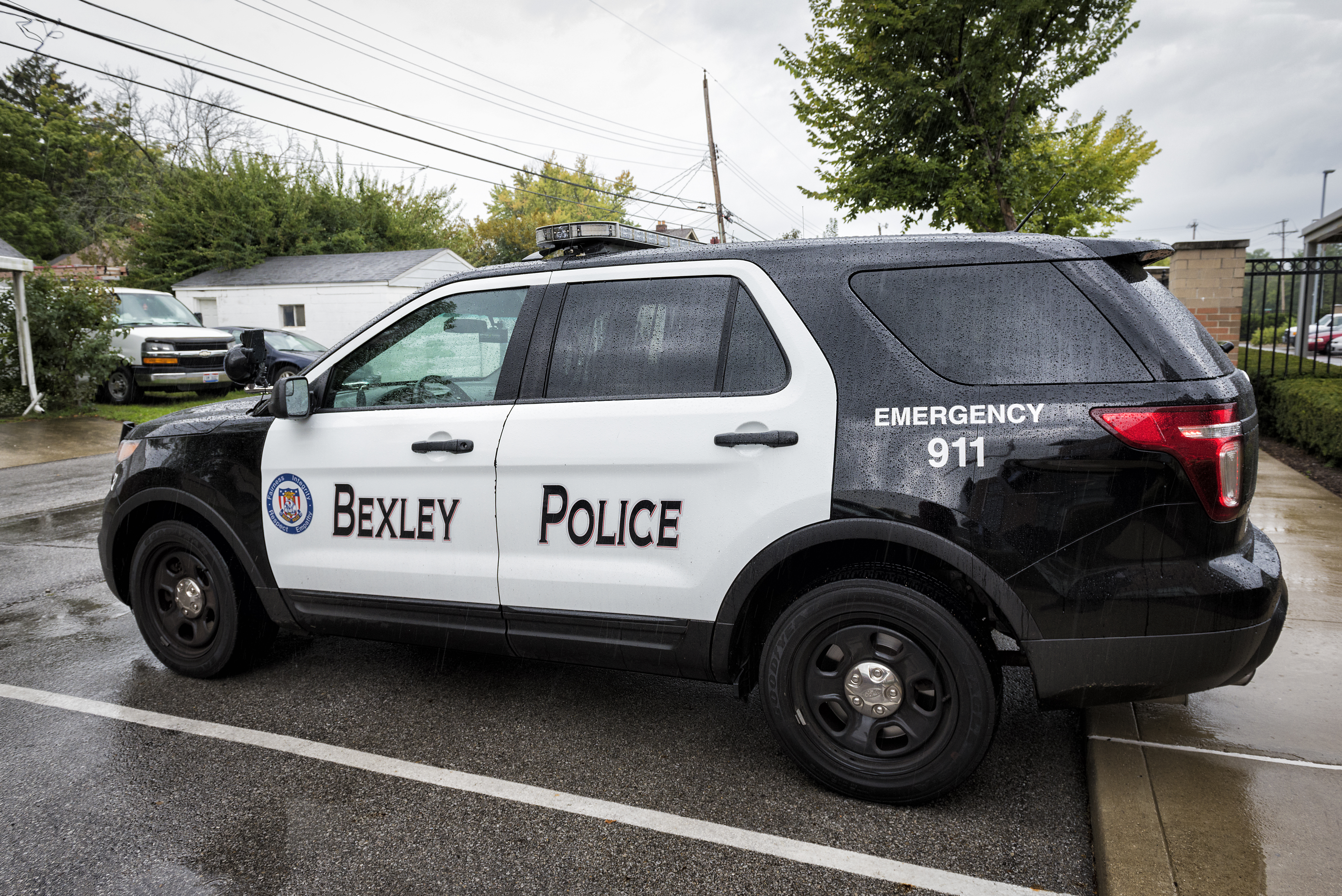In response to increasing incidents of drug overdoses throughout Central Ohio, Bexley police officers will be carrying a new medication, Narcan, while on duty.
Narcan has only recently been made available to law enforcement officials, despite being developed in the 1960s, and it works to block the effects of opioids during an overdose. In particular, Narcan is often given to victims of heroin overdoses.
“Law enforcement really got involved [with Narcan] due to the overdoses and law enforcement being first responders,” Officer Dawn Overly-Sheterom, administrative sergeant for the Bexley Police Department, said. “It made sense to some that law enforcement start carrying it because we are the first on the scene. The sooner you can administer Narcan, the higher the likelihood of the individual surviving the overdose.”
Narcan, also called Naloxone, works rapidly once given. Acting within eight minutes, the product has no side effects except in people who are dependent on opioids, who will experience withdrawal symptoms such as sweating, nausea, and vomiting.
The key to Narcan’s effectiveness is that it works to block the effects of opioids on the brain and to quickly restore breathing. When given to individuals not experiencing an overdose, Narcan has no effect.
While Bexley has not been as affected by opioid overdoses as other Central Ohio towns, an estimated 23 people die from heroin overdoses each week statewide. Also, according to the Centers for Disease Control and Prevention (CDC), 2,744 people in Ohio died from overdosing on prescription painkillers or heroin in 2014.
This makes Ohio the second leading state in the country for fatal drug overdoses, and Bexley has not gone untouched.
“I don’t think [the heroin epidemic] has impacted Bexley like it has impacted other jurisdictions, [with] Bexley being only 2.5 square miles.” Overly-Sheterom said. “If you went outside Bexley, you might see it more, but even within our jurisdiction, we have also had our overdoses. I believe [we had] two last year … Narcan is another tool in our tool-belt.”
As part of an effort to decrease the number of overdose deaths in Ohio, the state legislature recently passed House Bill 110. This good Samaritan law protects those who call for medical assistance with an overdose, as well as those overdosing, from arrest, charging, prosecution, conviction, and penalization for a drug possession offense.
This law only recently took effect in mid-September, and Ohio joins 37 other states and the District of Columbia, who have passed similar legislation. Some restrictions do apply to Ohio’s law.
“House Bill 110 provides immunity for an individual who calls in to report an overdose if either they have taken something that they are going to [overdose] on, or they are in the company of someone who has [overdosed],” Overly-Sheterom said. “It provides immunity up to two times. Now there are things they have to do to follow through with the immunity. If it is the caller who is involved in the overdose … then they have to enroll in counseling and show that they are making an effort to get away from that habit for the law to apply to them.”
The Bexley Police Department has also worked with Capital University Police to learn how the new law works and how to respond to overdose cases.
Students or faculty who see another individual overdose should immediately call 911 and survey the scene for any substances, such as needles, that could harm them.
“Being in Bexley, you are going to have Bexley police there within four minutes.” Overly-Sheterom said. “Again, we are a small jurisdiction and we have four officers on the street at all times.”
After calling the police and surveying the scene, there is not much more that those intervening can do.
“The final step [when faced with an overdose victim] would be, once you have confirmed the scene is safe, to just stay where you are and don’t touch anything,” Overly-Sheterom said. “Some people get scared and want to clean up, but cleaning up is not necessarily helping the victim. We need to see what the victim has taken, what is still laying around, so we can get them the correct help they need.”
To the police, the most important outcome is that the individual overdosing gets help.
“Some may perceive [officers surveying the scene] as law enforcement wanting to file charges, but that is not the case,” Overly-Sheterom said. “The goal is to figure out what we can do for the individual.”
Students are also encouraged to get to know the Public Safety officers on their campus.
“You guys have a great support group over there,” Overly-Sheterom said. “I have seen the police officers interact with the students at events … [The interaction] was nice to see because sometimes law enforcement gets a bad rap, but I think the open communication that the department has created with students really shows.”
Students looking for help with addiction can reach out to Netcare at 614-276-CARE or Jewish Family Services at 614-231-1890.

